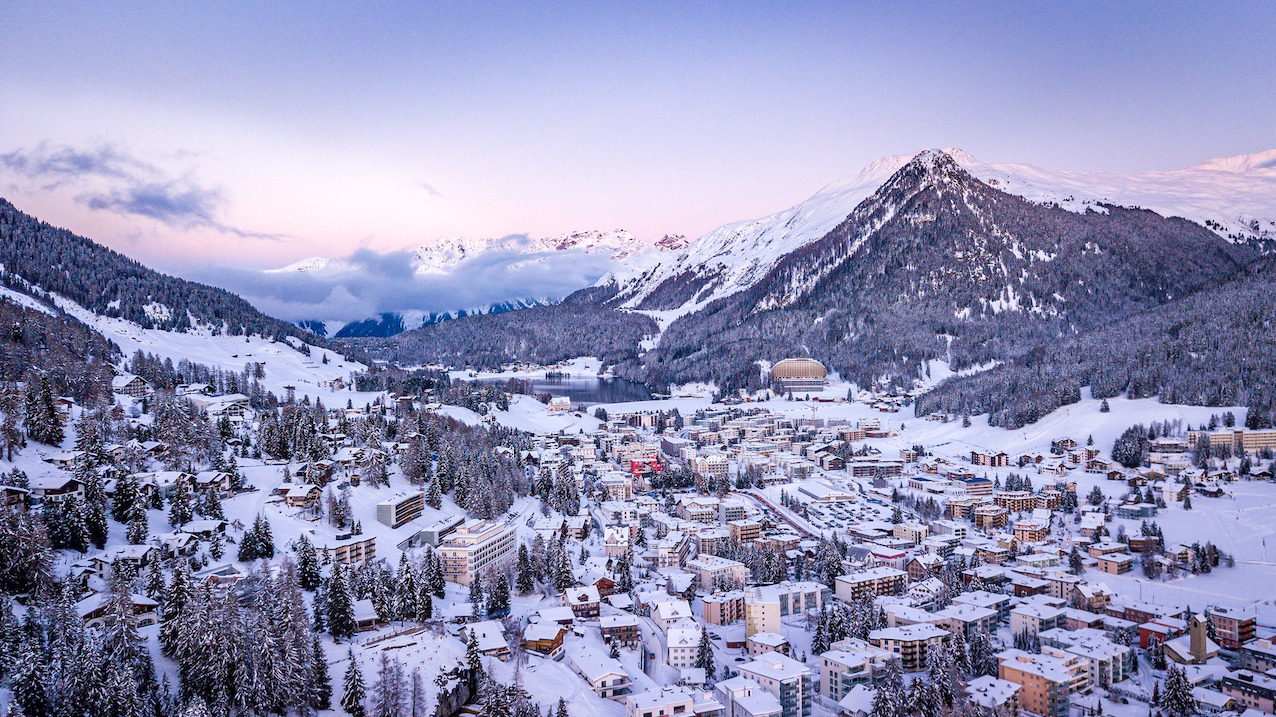
First-Timer’s Guide to Davos
As the saying goes, you don’t get a second chance to make a first impression. I’ll be there again this year and to help us all show up at #Davos 2024 as ready as possible to shape the future of the world, here are a few tips so you know what to expect, and which things to avoid. If you’ve been to the World Economic Forum before, and have additional suggestions, please put them in the comments below.
- Dress for the occasion. Davos is cold, dry, and snowy in January. The dress code is on the nicer side of business casual—suits and no ties, trousers or skirts with jackets. Bring a warm overcoat, and snow boots for walking outside. There’s a coat check at the Congress Centre.
- Know the layout. Speaking of the Congress Centre, this is where all main WEF sessions take place. There are breakout lunch and dinner sessions outside the Centre, with charter vehicles available to conveniently shuttle you from one place to another.
- Bring your Fitbit. That said, offsite meetings are far away, and even with chartered shuttles, there’s a lot of walking involved. Plan your day around Centre meetings, but don’t be afraid to head out for offsite displays or lunches—just give yourself plenty of time.
- Food for your soul. Being at the World Economic Forum is very nourishing, but not in the way I was expecting. For five days, you’ll eat breakfast at your lodging, and after that, you’re more or less on your own. The Congress Centre has bite-sized snacks and juices to keep you going, but no lunch. In the evening, you’ll likely want to hop from event to event, not all of which offer dinner, and by the time you’re back, restaurants will be closed. Be sure to bring snacks, bars, and whatever else you need to fuel your body. Oh, and pro tip: hydrate! It’s cold and dry in Davos.
- Plan ahead for your sessions. It’s tempting to select your sessions when you arrive in Davos, but take it from me: sign up ahead of time, at least a week beforehand. Sessions fill up quickly, and you don’t want to be stuck attending a session that isn’t relevant to you (though those can sometimes be the most interesting ones). If you don’t get a session you’re really set on, don’t despair—there’s a lot of movement right up until the start of WEF, so you can still get into a session the day of, or maybe even find another session that changes your perspective in an unexpected way.
- Know why you’re there. Speaking of planning, it’s useful to set intentions and priorities before you arrive. That’s because there’s so much to do in Davos that you can get overwhelmed by FOMO. Here are some of my reasons for attending over the years:
-
-
- Curiosity—especially about sustainability and AI
- Elevating leadership—going beyond my comfort zone and meeting people from all different walks of life, including government officials, policymakers, artists, scientists, and entrepreneurs
- Meeting my heroes—my chance to connect with people in the flesh whom I’ve only admired from afar
- Broadening perspective—getting a global understanding of world issues, and how as a CEO I can contribute to tackling those issues
- Listening—it’s okay to go simply to participate in discussions, and hear what people have to say!
-
- Immerse yourself. At the WEF, there’s an entire area dedicated to the visualization and demonstration of data and technology. This helps concretize issues like humanitarian crises, climate change, world trade, and healthcare. Dive in!
- Meet with people. While in Davos, use WEF’s internal tool, Toplink, to set up 15-30 minute 1-on-1 meetings with other attendees. You never know who will accept your invite, and one of those conversations could change your life.
- Stay for the after-party. In the days leading up to WEF, you’ll receive a number of invitations to parties and dinners. WEF is organized by cohort, with different cohorts invited to different parties. Companies—like Microsoft, KPMG, and McKinsey—also organize their own dinners and parties. Don’t hesitate to take a night off, but go to the dinners and parties, too. You never know who you’ll meet.
- Don’t leave early. Davos is a process! Stay until the end of the conference, and it will cement everything you’ve learned over the past five days. Plus, there’s a big soiree at the end, with global themes, dances, and food on display. Worth it.
- Bonus! Don’t overschedule yourself! Some of my best meetings and sessions were organic, things I decided to do the day of. It’s a journey—enjoy it!
There you have it—my beginner’s guide to Davos. The conference is all about creating lasting connections, and in past years, I’m so grateful to have met luminaries like Jack Ma, Hamdi Ulukaya, Yo-Yo Ma, Nico Rosberg, Ariana Huffington, Adam Grant, with whom I discussed a wide range of topics including leadership, resilience, peak performance, and the current world context.
For those of you attending, I look forward to meeting you! DM me if you’ll be there—and for those of you who aren’t able to come, I’ll post a write-up afterward.